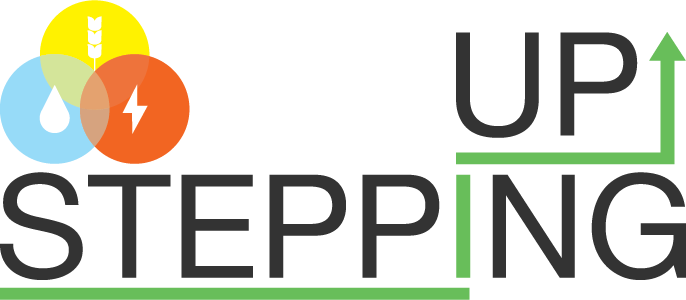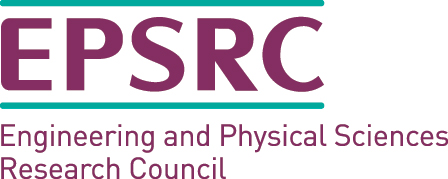You are here
Understanding the future of the water, energy, food nexus

In October 2017, researchers from the University of Manchester gathered a group of 32 participants to examine the future of innovation in the water-energy-food nexus. Throughout Stepping Up we aim to involve stakeholders in our research, to better understand how innovations with benefits across the water, energy and food nexus emerge and diffuse, and how they impact upon the future sustainability of the UK.
The implementation of innovations and the achievement of their potential benefits are both conditional on changing social and technological conditions. Yet the future is fundamentally uncertain. There are limits to what we know, and how the information that we do have can be used to predict the future. What’s more, conditions in tomorrow’s world depend on decisions that are yet to be made, and different actor’s visions for how this world should look vary intensely. These uncertainties are even more apparent when studying nexus systems.
In this workshop, we assembled individuals and organisations involved in Anaerobic digestion, Insect production, and the Redistribution of surplus food (Wondering why? See here.), along with those who have influence across the broader landscape of the nexus, to participate in developing and analysing future scenarios. Scenario planning is a proven method for understanding uncertainty, enabling different possible futures to be visualised and supporting decision-making in spite of uncertainty. However, to date, there few scenarios that consider how changing circumstances might affect all three nexus domains.
Using a novel methodology for rapid scenario analysis the workshop aimed to understand the implications of social, technological and climatic change for nexus-innovations, and the challenges and opportunities different futures present. We also examined how changes in policy, business, society and technology might support effective scaling up of nexus innovations in each scenario.
Prior to the workshop the research team developed three broad narratives to guide the scenario development, articulating what water, energy and food might look like in each by 2050:
- Share and connect: A decentralised digital society with high levels of connection between producers, consumers and the environment.
- Create and Cope: A society troubled by climate change, but with vibrant innovation in services systems catering for most needs.
- Big and Smart: A highly centralised society where big infrastructure supplies for basic needs, regulated for transparency and efficiency.
During the workshops these scenarios were tested and built upon, with participants examining how each scenario might play out in Stepping Up’s three innovation spaces. We examined who might be involved in each sector, come 2050. At what scale might they be operating and with what sources of material resources and finance? We also considered the sorts of challenges that might face innovations in each of these different scenarios.
The workshop report provides detail on all of these questions and more [link], but for a flavour of the discussions the following summaries describe the overarching characteristics of how anaerobic digestion, Insect proteins, and the Redistribution of surplus food are organised in the future:
- Scenario 1: Share and Connect: innovations are dominated by community ownership models, whether this is directly through local community projects or through share schemes that allow communities to buy into less local projects. Social relationships are substantially increased.
- Scenario 2: Create and Cope: This is a highly polarised scenario in which self-sufficiency is key. Sometimes self-sufficiency refers to the national resource security, and sometimes a more personal translation where individuals, or groups of individuals, fend for themselves.
- Scenario 3: Big and Smart: This is a society dominated by large-scale, centrally coordinated production systems. Solutions are generally high-tech, often automated and with high degrees of standardisation.
In reality, it was felt that there would forever remain a blend of these three scenarios playing out. By separating them out, we are able to visualise and discuss the desirability of each, the different challenges that each of them pose, and the various changes in policy, business, society and technology that might be needed to support innovation.
Stepping Up is an ongoing project. Bringing together an interdisciplinary team with expertise across water, food and energy nexus, Stepping Up looks to improve our understanding of both positive and negative impacts of scaling up nexus-innovations. This workshop provides a further piece of the puzzle, bringing experts together from different backgrounds and resource sectors to collaboratively consider the implications of wider system dynamics in which their activities are situated. There is much more analysis to be done to fully understand these questions and further results will be available in due course.
We thank all of our participants for their enthusiastic participation in this event.
©Steppingup 2024

